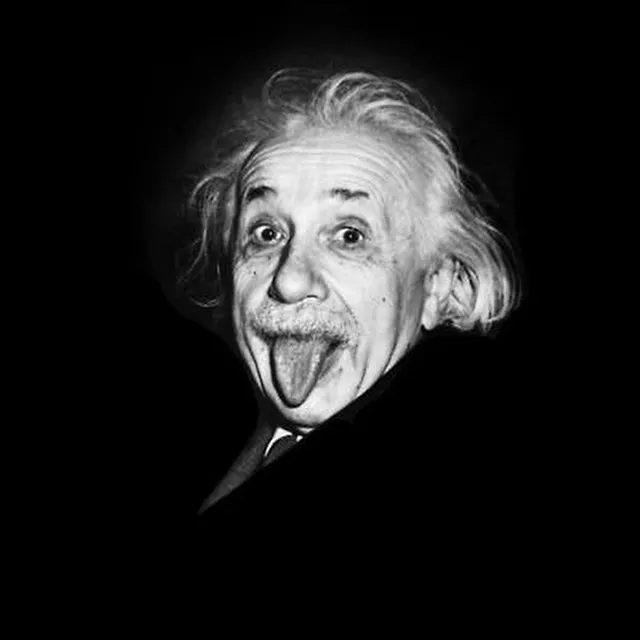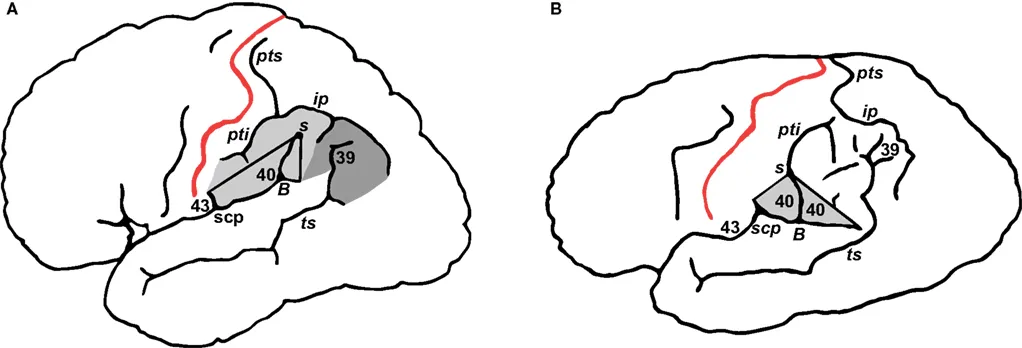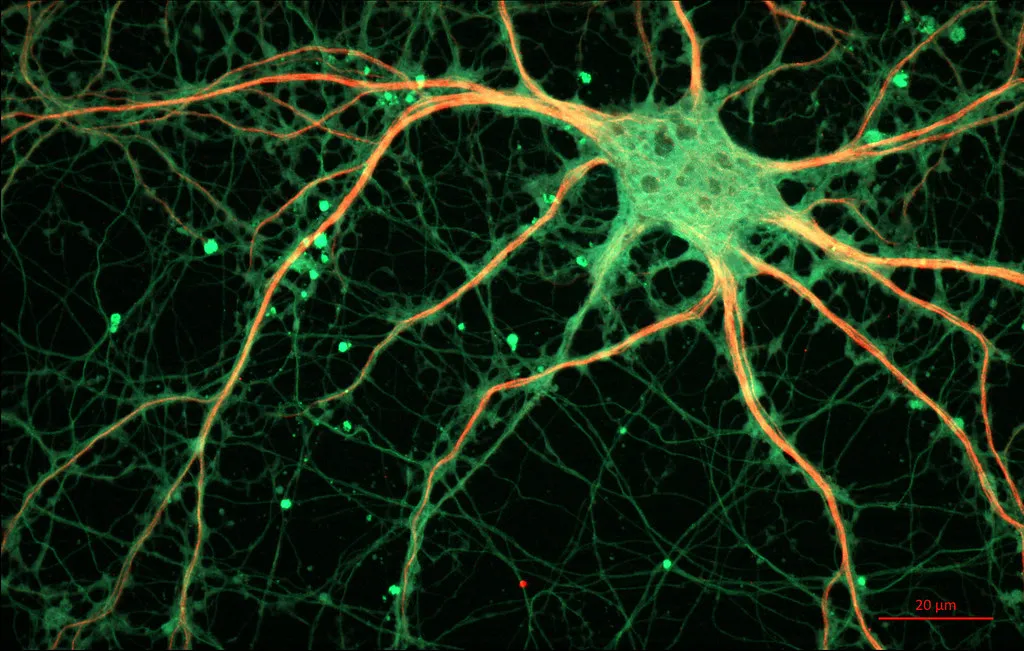When we mention being a genius, our thought goes to Albert Einstein and this was because he was regarded as a person with a high IQ. With this, he has been attributed with being a genius just like some people have been attributed with a lot of things.
Albert Einstein being a genius fascinated scientists a lot that even after his death, his brain was examined and is still being examined making it the most studied brain in history and the reason for the studies was to find out if Einstein had anythibg special in his brain that wasn’t in the brain of others.
He lived from 1879 to 1955, and died due to a ruptured abdominal aortic aneurysm. Although he had retired 10 years before his death, he was still very active in the world of physics. He had made it known that he wanted to be cremated and wouldn’t like to extend his life artificially, and when he died, majority of his body was cremated except for his brain because the pathology on duty removed his brain for the purpose of study and left the rest of his remains to be cremated.
They later got permission from Einstein’s family to study the brain and they did study it for 30 years after which the first paper was released in 1985 and it was comparing the Glial cells in the brain of Einstein to that of 11 other persons after which it was seen that he had more glial cells to neurons in the inferior parietal lobe than the other 11 others. The Inferior parietal lobe is involved in complex language and can also be involved in complex calculations.
The researchers concluded that Einstein needed more glial to neurons to help get nutrients, fight diseases and help hold his neurons because the neurons worked harder than the others. According to the researchers, the control brains had 1 Glial for 2 neurons while Einstein had 1:1 for Glial and Neurons. Actually today, scientists have seen that a regular brain has a 1:1 ratio of glial to neuron, so everyone is an Albert Einstein in that case (lol). Anyways scientists have seen that more glial to neuron is associated with the size of the neuron and not intelligence.
Another set of researchers said that the ratio of neuron to glial in his inferior parieral lobe was not responsible for intelligence but rather dyslexia but Einstein was never diagnosed with dyslexia at anytime but the belief that he suffer from this condition was from the recount of himself and his family later. But then, proving that he had dyslexia just by the account of this hypothesis will be inaccurate as it doesn’t have a direct contribution to it.
His neurons were another subject of research since people wanted to know what gave him the level of intelligence he had. In 1996, a slice of his right prefrontal cortex was examined. This area of the brain is responsible for complex task including regulation of emotion, thinking and feeling, and for planning. The study compared Einstein’s brain to that of 5 men with the average age being 68 years. The study found out that while all samples had the same number of neurons in the prefrontal cortex, that of Einstein was thicker than the other men but there is no evidence that denser neuron boost those intelligence and skills.
There is evidence that people with schizophrenia have denser neurons in their prefrontal cortex. Although Einstein didn’t have schizophrenia, drawing conclusions about his intelligence and neuron thickness can be very confusing. So this cannot be associated with his intelligence.
In 1999, an image of Einstein Gyri and Sulci was looked at compared to that of others. The researchers concluded that Einsteins brain had a larger inferior parietal lobule than normal but a look by other researchers showed that his brain was just as normal as every other person but over time another team came up with a conclusion that his large parietal lobe gave him more ability to solve mathematical problems and spatial tasks.
His corpus callosum which connects the right and the left hemisphere of the brain was also examined and it was noticed that his corpus callosum was larger than that of other people his age and even those younger than him which showed that his brain hemisphere are well connected which could be a factor in his unique spatial and mathematical skills and having a larger Corpus has been associated with people with higher IQ.
In all, these studies were carried out on Einstein’s brain without blinding the difference between the brain and controls which meant that there could be cases of biases in the result. So we cannot really say what was in Einstein’s brain that made him a genius compared to other people’s brains. It will be difficult to draw a line for intelligence with just one person’s brain. So, a lot of research will have to be done with several other people’s brain.
FOR FURTHER READING
https://www.sciencedirect.com/topics/medicine-and-dentistry/prefrontal-cortex
https://www.sciencedirect.com/science/article/abs/pii/0304394096126938
https://www.sciencedirect.com/science/article/abs/pii/S0278262614000669?via%3Dihub
https://www.sciencedirect.com/science/article/pii/S0891061817300601
https://www.sciencedirect.com/science/article/abs/pii/030698779290052E
https://www.sciencedirect.com/science/article/abs/pii/0014488685901232
https://www.sciencedirect.com/science/article/abs/pii/S0278262614000669?via%3Dihub
https://www.smithsonianmag.com/travel/how-einsteins-brain-ended-mutter-museum-philadelphia-180954987/
https://princetonhistory.org/research/historic-princeton/albert-einstein/


